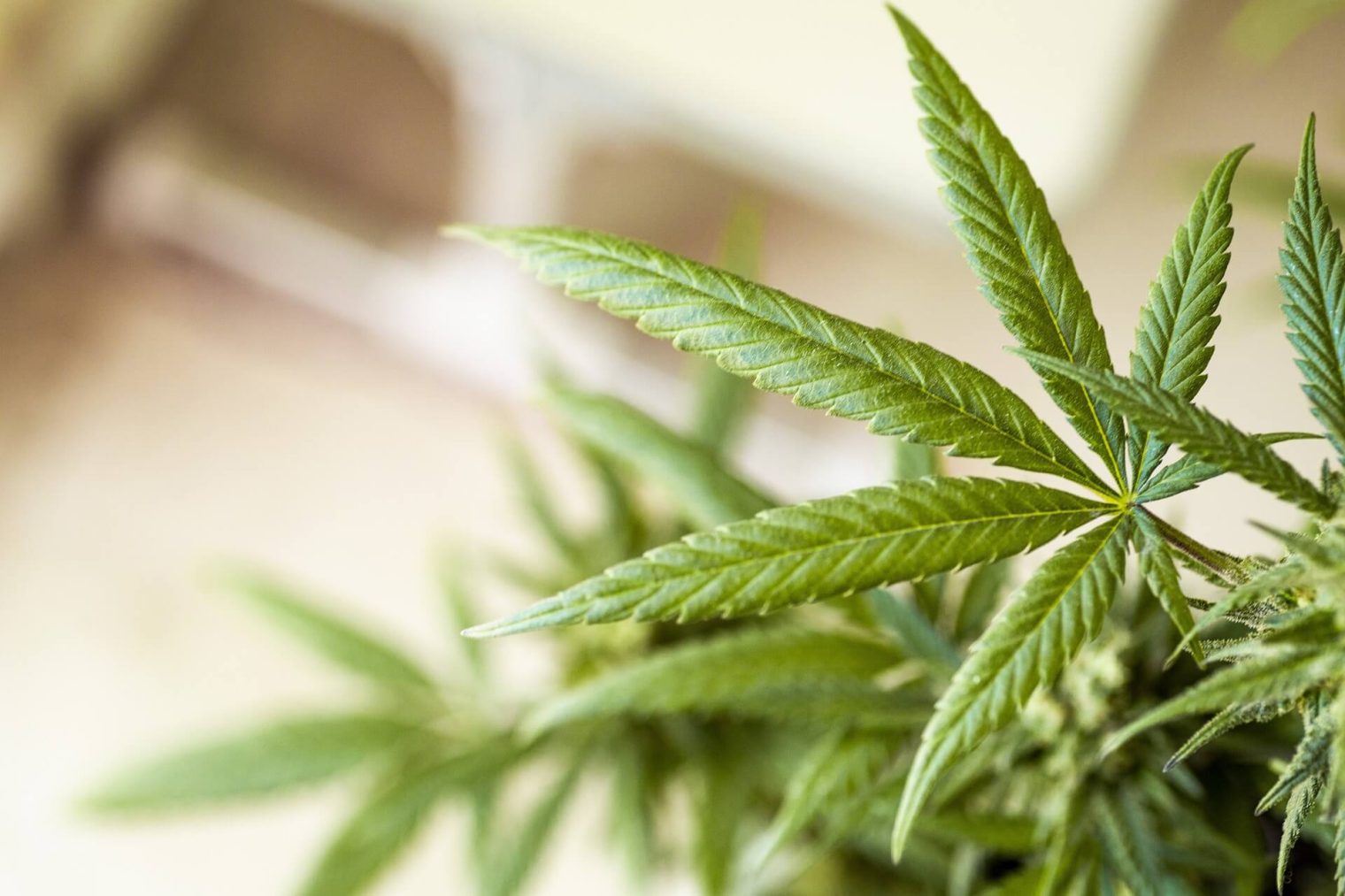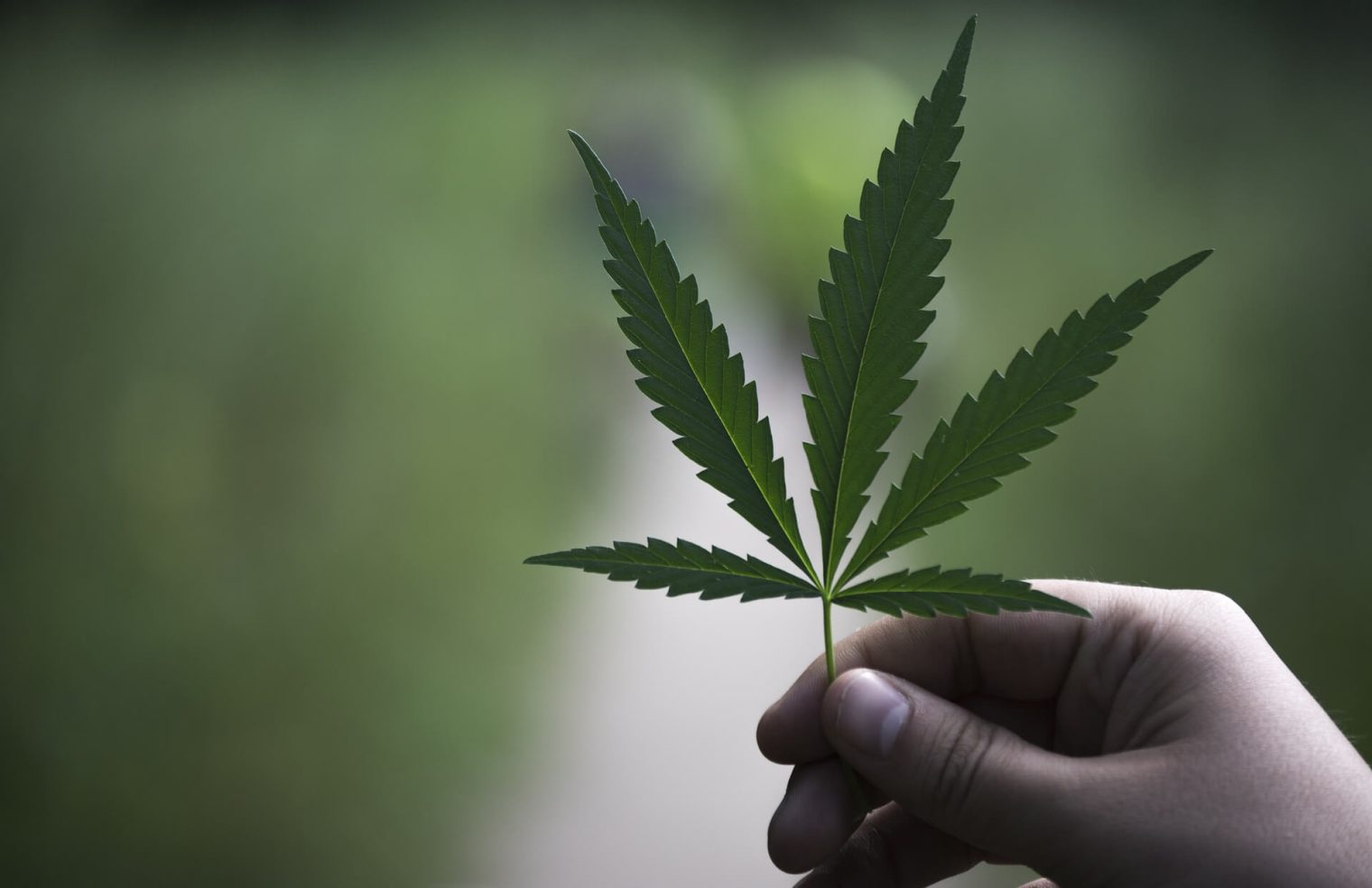 Cannabis
Cannabis
Table of Contents
This environmental benefits of hemp guide is the perfect blog for those interested in eco-friendly ganja. In the contemporary pursuit of sustainability and eco-consciousness, hemp emerges as a beacon of hope, offering a plethora of advantages for both the environment and society at large.
In this comprehensive benefits of hemp guide for 2024, we delve deep into the multifaceted environmental benefits of hemp, exploring its potential to revolutionize various industries while mitigating ecological harm.

Unveiling Hemp: A Sustainable Wonder
Hemp, scientifically recognized as Cannabis sativa, boasts a rich history as one of humanity’s oldest cultivated crops, dating back millennia.
Distinguished from its controversial counterpart, marijuana, hemp contains minimal levels of THC, rendering it unsuitable for recreational purposes. However, its versatility and ecological resilience position hemp as a sustainable powerhouse with myriad applications.
Renewable Resource and Carbon Sequestration
Among its most notable attributes, hemp’s status as a renewable resource stands paramount. Unlike traditional timber, which demands decades to mature, hemp achieves maturity within a few months, offering an expedited source of raw material for diverse industries such as paper, textiles, and construction. Its rapid growth rate, coupled with minimal water, pesticide, and herbicide requirements, underscores its efficiency and sustainability.
Moreover, hemp cultivation holds immense promise as a carbon sink, playing a pivotal role in mitigating climate change. Through photosynthesis, hemp plants absorb atmospheric CO2, effectively sequestering carbon and contributing to greenhouse gas reduction efforts. Research indicates that hemp has the capacity to sequester substantial amounts of carbon dioxide, making it a formidable ally in combating global warming.
Soil Regeneration and Biodiversity Conservation
In stark contrast to conventional farming practices that degrade soil health and deplete nutrients, hemp cultivation offers a paradigm shift towards regenerative agriculture. With its extensive root system, hemp aerates and stabilizes soil, preventing erosion and promoting soil structure.
Furthermore, hemp’s growth cycle enriches the soil by replenishing essential nutrients, fostering biodiversity, and enhancing ecosystem resilience.
Additionally, hemp cultivation presents an opportunity to diversify agricultural landscapes and mitigate the adverse effects of monoculture farming. By integrating hemp into crop rotation systems, farmers can mitigate pest pressures, reduce soil erosion, and enhance overall ecosystem health. The result is a more sustainable and resilient agricultural ecosystem that supports both environmental conservation and food security.
Water Efficiency and Conservation
Amid escalating concerns over water scarcity, hemp’s water-saving attributes emerge as a game-changer in sustainable agriculture. Unlike water-intensive crops like cotton, hemp requires significantly less water to thrive, making it a more environmentally responsible choice for textile production. Studies indicate that hemp can yield two to three times more fiber per hectare compared to cotton while utilizing half the amount of water.
By promoting hemp cultivation, we can alleviate strain on freshwater resources, reduce the ecological footprint of textile manufacturing, and foster water conservation in regions vulnerable to droughts and water shortages. Embracing hemp as an alternative fiber source not only conserves water but also promotes sustainable land management practices and supports the livelihoods of farmers worldwide.
Biofuel Production and Renewable Energy
As the world transitions towards renewable energy sources, hemp emerges as a promising candidate for biofuel production. Hemp seeds, renowned for their high oil content, can be processed into biodiesel, offering a clean and sustainable alternative to fossil fuels. Additionally, hemp biomass can be converted into ethanol, further diversifying the renewable energy portfolio.
Investing in hemp-based biofuels not only reduces greenhouse gas emissions but also diminishes reliance on finite fossil fuels, paving the way towards energy independence and environmental sustainability. Moreover, since hemp can thrive on marginal lands unsuitable for food crops, it presents a viable solution for biofuel production without competing with essential food production.

Empowering Communities and Promoting Social Equity
Beyond its ecological benefits, hemp cultivation holds the promise of empowering communities and fostering social equity. Historically, hemp has been cultivated by diverse cultures worldwide, offering economic opportunities and sustaining livelihoods. In the modern context, the resurgence of hemp presents an opportunity to revitalize rural economies and support small-scale farmers.
By promoting decentralized hemp cultivation, communities can reduce dependence on centralized industries, diversify income streams, and enhance economic resilience. Moreover, hemp processing facilities can serve as hubs for employment and skill development, empowering local populations and narrowing socioeconomic disparities.
Furthermore, the legalization of hemp cultivation provides an opportunity for social justice reform, particularly in regions where punitive drug policies have disproportionately affected marginalized communities. By embracing hemp as a legal and viable crop, societies can move towards more equitable and inclusive agricultural practices, fostering a sense of empowerment and belonging among all stakeholders.
In essence, hemp cultivation transcends environmental benefits; it serves as a catalyst for socioeconomic empowerment and community development. By prioritizing inclusive policies and equitable access to resources, we can harness the full potential of hemp to create a more just and sustainable world for all.
Benefits of Hemp in 2024
In conclusion, the environmental benefits of hemp are unequivocal, spanning from its role as a renewable resource and carbon sequestrator to its ability to regenerate soil, conserve water, and produce biofuels. As we navigate the complexities of the 21st century, embracing hemp cultivation and harnessing its diverse applications hold the key to a greener, healthier planet.
In 2024 and beyond, let us seize the transformative potential of hemp and chart a course towards a more sustainable and resilient future. By integrating hemp into our agricultural, industrial, and energy systems, we can mitigate climate change, conserve natural resources, and foster a harmonious relationship between humanity and the environment. Together, let us embark on a journey towards a brighter tomorrow, powered by the sustainable marvel that is hemp.


